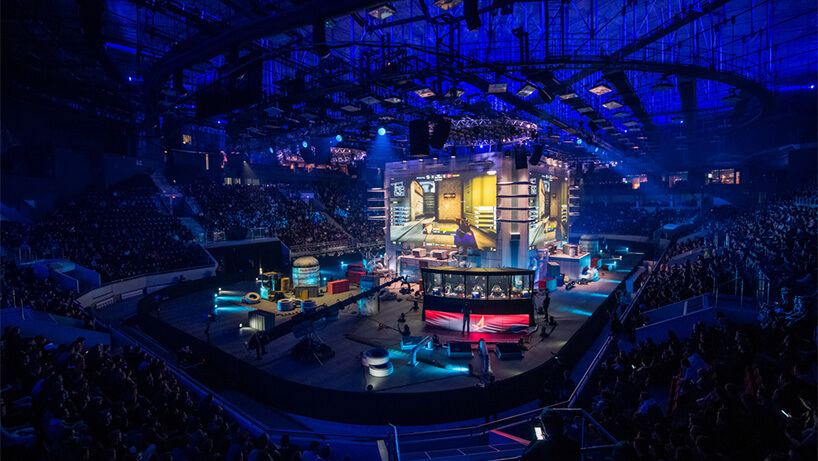+Why event planners should pay attention to esports
By Jack Carter, Untangled
By 2021, esports will have an audience of 290 million people in Asia Pacific alone, according to one forecast. By 2024, the world may well see its first Olympic gold medallist in competitive video gaming at the Summer Games in Paris. Thanks to a passionate global community, the esports sector is thriving.
“Esports is an industry that is gaining momentum and interest globally, with best-in-class esports events increasingly becoming a motivator for travel, like other traditional sporting/entertainment events,” said Carrie Kwik, executive director of attractions, entertainment, and tourism concept development for the Singapore Tourism Board.
The growth of esports events, from live gaming tournaments to large-scale expos, is driven by a young and enthusiastic audience whose members travel from far and wide to discover new technology and, above all, be entertained. Where this sector has succeeded, and where important lessons lie for planners, is how these events are able to engage with such a large and diverse demographic and in how esports are part of the festivalisation of events trend.
An event becomes festivalised when it integrates a range of formats to create many touch points for engagement and interaction. Successful B2B festivals, from London Tech Week to Cannes Lions, combine keynotes and panel discussions with fringe events, including concerts, brand activations, and evening parties. Ultimately, these events achieve optimum engagement because the programme is driven by the ideas and interests of the delegates.
“What a festivalised event offers is a wider variety of ways by which the delegate can engage and interact with a brand or a message, including through entertainment,” said Darren Lim, senior vice president at Pico+. “The event then not only becomes more enjoyable, but also more personal for the delegate or attendee, because the interactions are the result of their choices and preferences.”
In the context of esports events, planners need only look at Shanghai-based behemoth ChinaJoy to see how the sector is championing festivalisation. The annual digital entertainment expo appeals to B2C and B2B audiences who can hear from speakers at a game development conference one day, and visit the annual Cosplay Carnival the next.
As workforces across the globe get younger, so do audiences. This means that finding ways to adapt events for a more modern audience is imperative to remain relevant. However, Lim warned that whether an event is festivalised or not, the contributing factors behind a memorable experience remain the same.
“The fundamentals do not change. It is still about understanding what your audience wants to hear, see and do; what motivates them; and what makes them tick,” he said.
“The medium subsequently comes into play when crafting a series of experiences that moves the audience” he said. “By ‘medium’, I mean technology used to create immersive experiences, or the festivalisation of an event to enhance fan engagement, or something else entirely that suits the purpose and the audience. So, to all the event planners, be inquisitive, be open, and be adventurous.”

